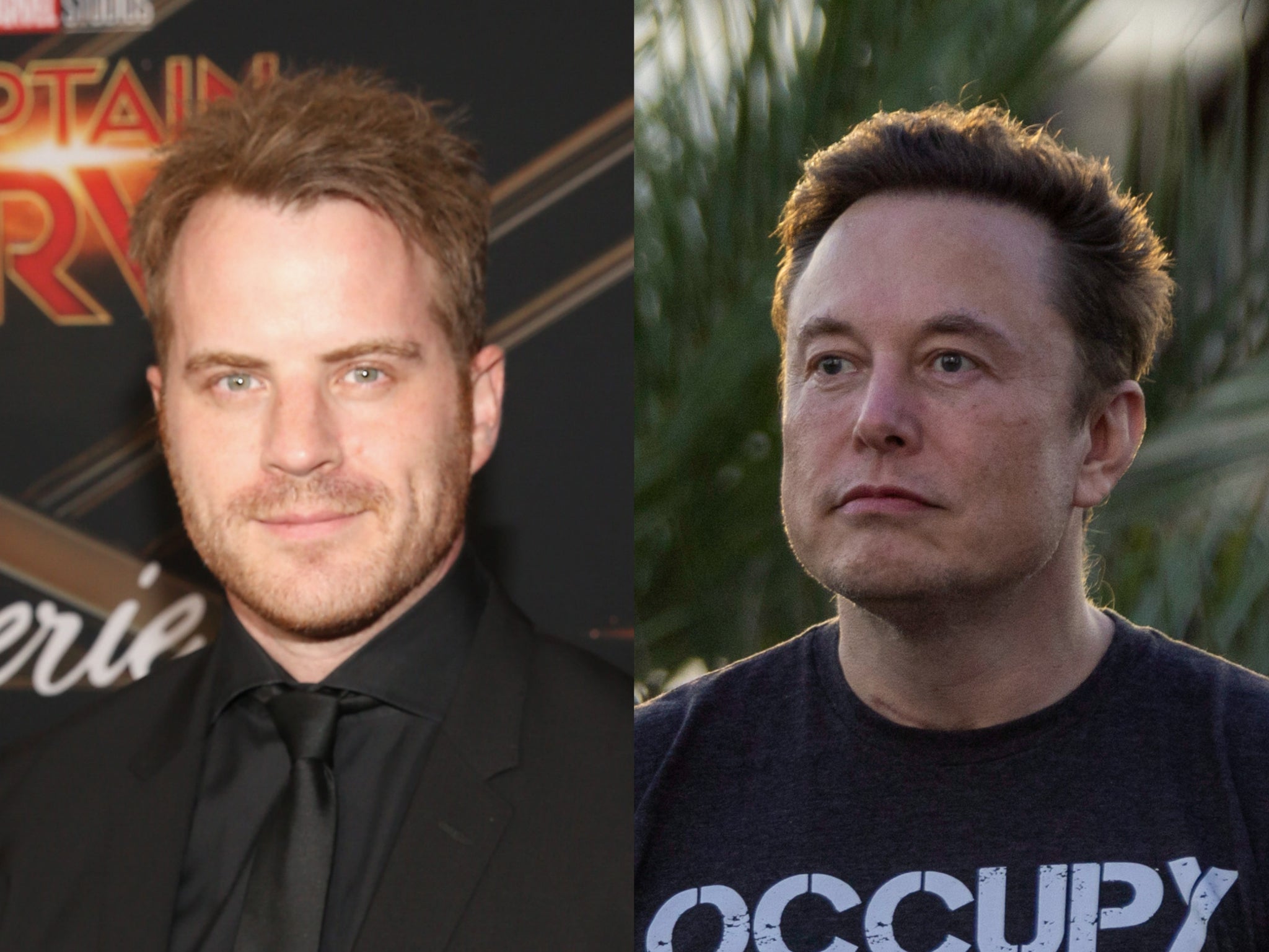Rob Kazinsky warns Elon Musk of possible child endangerment without blue ticks on Twitter
Actor claims that a child went missing after communicating with someone using his likeness online

Your support helps us to tell the story
From reproductive rights to climate change to Big Tech, The Independent is on the ground when the story is developing. Whether it's investigating the financials of Elon Musk's pro-Trump PAC or producing our latest documentary, 'The A Word', which shines a light on the American women fighting for reproductive rights, we know how important it is to parse out the facts from the messaging.
At such a critical moment in US history, we need reporters on the ground. Your donation allows us to keep sending journalists to speak to both sides of the story.
The Independent is trusted by Americans across the entire political spectrum. And unlike many other quality news outlets, we choose not to lock Americans out of our reporting and analysis with paywalls. We believe quality journalism should be available to everyone, paid for by those who can afford it.
Your support makes all the difference.Rob Kazinsky has weighed in on the current debate surrounding blue tick verification on Twitter, following Elon Musk’s takeover.
The actor, who played Sean Slater in EastEnders as well as Macklyn Warlow in True Blood, emphasised the importance of being able to easily identify genuine accounts on the social media platform in an extended thread on Wednesday (2 November).
This followed Musk’s recent announcement that he’d charge verified users $8 (£7) a month to retain their blue ticks.
Kazinsky spoke out against this idea by sharing an example of a shocking situation that involved someone impersonating him and speaking to young fans.
“Years ago, before verified accounts were a thing, back when I was on EastEnders, I was contacted multiple times by parents of children who had been ‘conversing’ with me online,” he explained.
“11-15-year-old children that had been talking with a fake me. I was informed one of these children went missing.”
Kazinsky went on to explain that while he didn’t have social media at that point, he tried to ensure that people knew that he wasn’t really speaking with fans by posting his genuine profile details on various sites.
“I felt powerless to stop people using my name and face to scam or groom people,” he continued. “That’s why verification came to be. Because it was important to protect people.
“It wasn’t for clout, or for leveraging money from a platform. It was to protect people from utter scumbags.”

Watch Apple TV+ free for 7 days
New subscribers only. £8.99/mo. after free trial. Plan auto-renews until cancelled

Watch Apple TV+ free for 7 days
New subscribers only. £8.99/mo. after free trial. Plan auto-renews until cancelled

He then expressed his wish for CEOs such as Musk to consider the benefits of easily verifiable accounts, a major one being to “protect people”.
“I don’t tweet much, I am scared of the internet, I struggle with a lot of things in life,” Kazinsky declared. “But this account exists so that fake accounts can’t.
“If @elonmusk removes that simple ability to protect people, to protect children with verification then this company is dead in the water.
“I hope someone is explaining to @elonmusk the actual dangers to children and the vulnerable and why removing that protection, is an action that will lead directly to a child being endangered.”
In response to previous comments that a monetised verification system could lead to more scams, Musk tweeted: “To all complainers, please continue complaining, but it will cost $8”.
The Independent has reached out to a representative for Rob Kazinsky for further comment.



Join our commenting forum
Join thought-provoking conversations, follow other Independent readers and see their replies
Comments